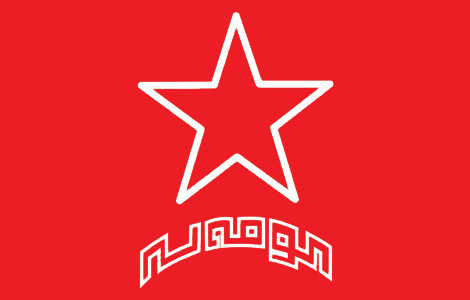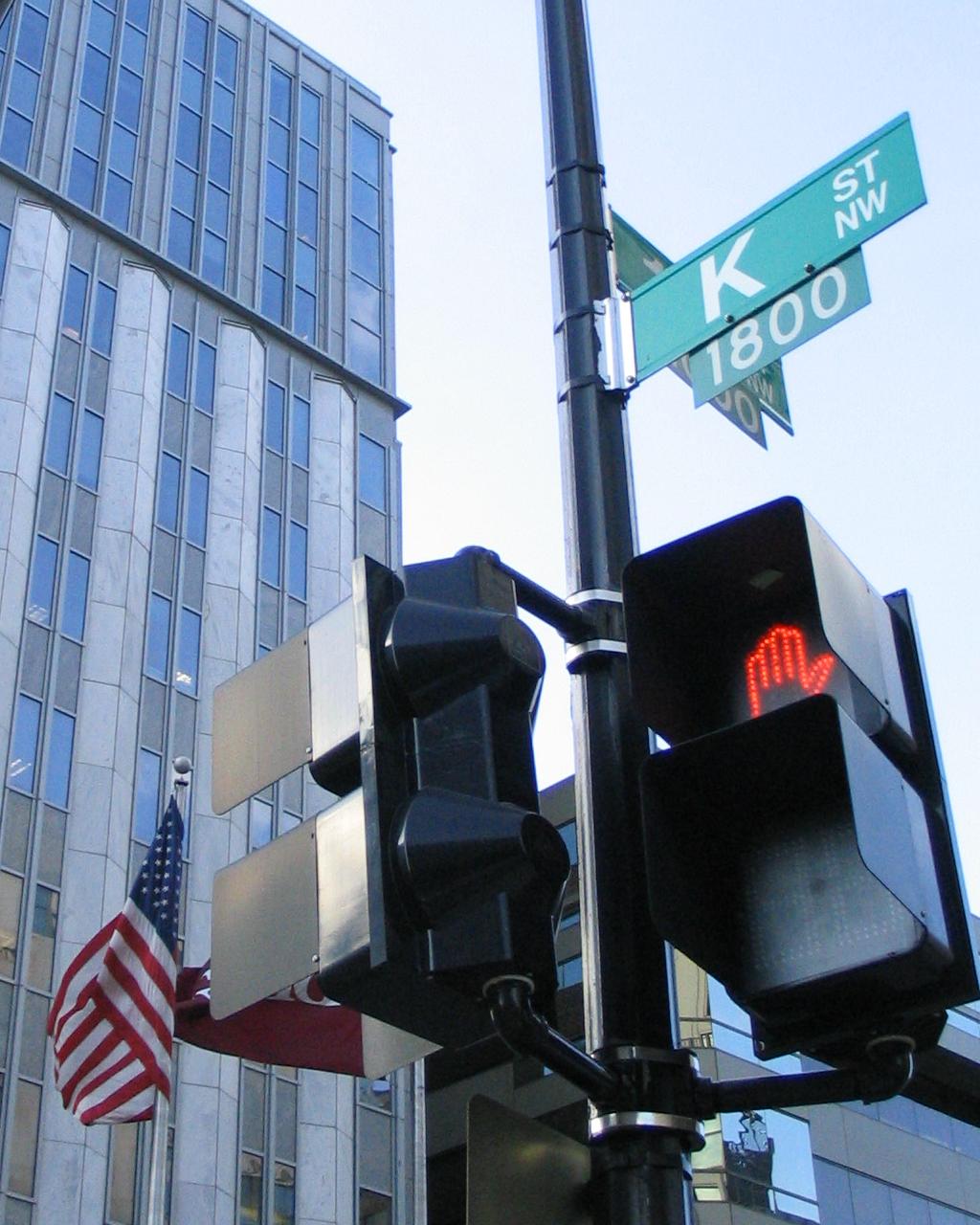|
Komala Party Of Iranian Kurdistan
The Komala Party of Iranian Kurdistan ( ku, , Komełey Şorrişgêrrî Zehmetkêşanî Kurdistanî Êran, lit=Society of Revolutionary Toilers of Iranian Kurdistan), commonly shortened to Komalah ( ku, Komełe; fa, کومله), is a social-democratic ethnic party of Kurds in Iran. Formerly with Marxist-Leninist and communist ties, the Komalah is a well established party with a history of more than five decades. The Komala party's headquarters are presently in the Kurdistan Region of Iraq. They have an armed wing that has a history of leading the Kurdish resistance. The Komalah advocates for anti-imperialism and Kurdish self-determination. The group is classified as a terrorist organization by Iran and Japan. Since 2018, it is a registered lobby in the United States. Komala has been engaged in guerrilla warfare against the Iranian government, notably during the 1979 Kurdish rebellion and the Iran–Iraq War. It was also involved in armed conflict against the Democratic ... [...More Info...] [...Related Items...] OR: [Wikipedia] [Google] [Baidu] |
Red Star
A red star, five-pointed and filled, is a symbol that has often historically been associated with communist ideology, particularly in combination with the hammer and sickle, but is also used as a purely socialist symbol in the 21st century. It has been widely used in flags, Nation state, state emblems, monuments, Ornament (art), ornaments, and logos. One interpretation sees the five points as representing the five fingers of the Working class, worker's hand, as well as the Continent#Number, five populated continents (counting Americas, the Americas as one). A lesser-known suggestion is that in communist symbolism, the five points on the star were intended to represent the five group (sociology), social groups that would lead Russia to communism: the youth, the military, the industrial labourers, the agriculture, agricultural workers or peasantry and the intelligentsia. In Soviet heraldry, the red star symbolized the Red Army and military service, as opposed to the hammer and ... [...More Info...] [...Related Items...] OR: [Wikipedia] [Google] [Baidu] |
Congress Of Nationalities For A Federal Iran
The Congress of Nationalities for a Federal Iran is a political alliance of political parties and advocacy groups, mostly underground or exiled, which campaigns for the replacement of the current Islamist government system in Iran with a secular, democratic, federal government. It has also called for antipersonnel landmines to be banned in Iran. Many of the member groups are concurrent advocates for the rights or self-determination of non- Persian Iranians, including Azeris, Kurds, Arabs, Turkmen, and Baloch. The organization grew out of a conference held in London on 20 February 2005. Member organizations *Azerbaijan Cultural Society *Balochistan National Movement – Iran *Balochistan People's Party *Balochistan United Front of Iran *Organisation of Kurmanj People (The Kurds in the region of North of Khorasan) *Democratic Party of Iranian Kurdistan * Democratic Solidarity Party of al-Ahwaz *Komala Party of Iranian Kurdistan The Komala Party of Iranian Kurdistan ( ku, , ... [...More Info...] [...Related Items...] OR: [Wikipedia] [Google] [Baidu] |
Western Iran Clashes (2016–present)
2016–present clashes in West Iran refers to the ongoing military clashes between Kurdish insurgent party Democratic Party of Iranian Kurdistan (PDKI) and the Iranian Revolutionary Guards, which began in April 2016. Kurdistan Freedom Party (PAK) and Komalah expressed their support to the Kurdish cause of PDKI as well, with both clashing with Iranian security forces in 2016 and 2017 respectively. In parallel, a leftist Iranian Kurdish rebel group PJAK resumed military activities against Iran in 2016, following a long period of stalemate. The 2016 clashes came following a background of what PDKI described as "growing discontent in Rojhelat". The commander of the PAK military wing described their engagement and declaration of hostilities against the Iranian government were due to the fact that "the situation in eastern Kurdistan ( Iranian Kurdistan) has become unbearable, especially with the daily arbitrary executions against the Kurds n Iran. Background Iran has a significan ... [...More Info...] [...Related Items...] OR: [Wikipedia] [Google] [Baidu] |
Democratic Party Of Iranian Kurdistan
The Democratic Party of Iranian Kurdistan (PDKI; ku, حیزبی دێموکراتی کوردستانی ئێران, Hîzbî Dêmukratî Kurdistanî Êran, HDKA; fa, حزب دموکرات کردستان ایران, Ḥezb-e Demokrāt-e Kordestān-e Īrān), also known as the Kurdish Democratic Party of Iran (KDPI), is an armed leftist ethnic party of Kurds in Iran, exiled in northern Iraq. It is banned in Iran and thus not able to operate openly. The group calls for self-determination of Kurdish people and has been described as seeking either separatism or autonomy within a federal system. Since 1979, KDPI has waged a persistent guerrilla war against the Government of the Islamic Republic of Iran. This included the 1979–1983 Kurdish insurgency, its 1989–1996 insurgency and recent clashes in 2016. Islamic Revolutionary Guard Corps officials have called the party a terrorist organization. Hyeran Jo of Texas A&M University classifies KDPI as "compliant rebels", i.e. ... [...More Info...] [...Related Items...] OR: [Wikipedia] [Google] [Baidu] |
KDPI–Komala Conflict
The conflict between the Democratic Party of Iranian Kurdistan (KDPI) and the Komala Party of Iranian Kurdistan The Komala Party of Iranian Kurdistan ( ku, , Komełey Şorrişgêrrî Zehmetkêşanî Kurdistanî Êran, lit=Society of Revolutionary Toilers of Iranian Kurdistan), commonly shortened to Komalah ( ku, Komełe; fa, کومله), is a social-dem ... began when the latter refused to stop calling the former a " class enemy" and the tensions started to grow. Komala continued making anti-KDPI propaganda, and subsequently KDPI declared war on Komala. Both Kurdish organizations ended up simultaneously fighting against Iranian forces separately. References 20th century in Iran Wars involving Iran Iran–Iraq relations 20th-century conflicts Kurdish rebellions in Iran Iran–Iraq War {{iran-stub ... [...More Info...] [...Related Items...] OR: [Wikipedia] [Google] [Baidu] |
Iran–Iraq War
The Iran–Iraq War was an armed conflict between Iran and Iraq that lasted from September 1980 to August 1988. It began with the Iraqi invasion of Iran and lasted for almost eight years, until the acceptance of United Nations Security Council Resolution 598 by both sides. Iraq's primary rationale for the attack against Iran cited the need to prevent Ruhollah Khomeini—who had spearheaded Iran's Islamic Revolution in 1979—from exporting the new Iranian ideology to Iraq; there were also fears among the Iraqi leadership of Saddam Hussein that Iran, a theocratic state with a population predominantly composed of Shia Muslims, would exploit sectarian tensions in Iraq by rallying Iraq's Shia majority against the Baʽathist government, which was officially secular and dominated by Sunni Muslims. Iraq also wished to replace Iran as the power player in the Persian Gulf, which was not seen as an achievable objective prior to the Islamic Revolution because of Pahlavi Iran's econom ... [...More Info...] [...Related Items...] OR: [Wikipedia] [Google] [Baidu] |
1979 Kurdish Rebellion In Iran
The 1979 Kurdish rebellion in Iran is an event which erupted in mid-March 1979, two months after the completion of the Iranian Revolution. It subsequently became the largest among the nationwide uprisings in Iran against the new state and one of the most intense Kurdish rebellions in modern Iran. Initially, Kurdish movements were trying to align with the new government of Iran, seeking to emphasize their Muslim identity and seek common ground with other Iranians. The KDPI even briefly branded itself as a '' non-separatist'' organization, allegedly criticizing those calling for independence, but nevertheless calling for political autonomy.Denise, N. ''The Kurds And the State: Evolving National Identity in Iraq, Turkey, And Iran'': p.144–45. 2005. Syracuse University Press. "Free to discuss its political views, the KDPI came out of thirty years of clandestine existence and made public claims for political autonomy"; "Despite its criticisms of the regime, in its early post-rev ... [...More Info...] [...Related Items...] OR: [Wikipedia] [Google] [Baidu] |
Lobbying In The United States
Lobbying in the United States describes paid activity in which advocacy group, special interest groups hire well-connected professional advocates, often lawyers, to argue for specific legislation in decision-making bodies such as the United States Congress. It is a highly controversial phenomenon, often seen in a negative light by journalists and the American public, with some critics describing it as a legal form of bribery, influence peddling, and/or extortion.Robert Reich, June 9, 2015, Salon magazineRobert Reich: Lobbyists are snuffing our democracy, one legal bribe at a time Retrieved May 30, 2017, "...This second scandal is perfectly legal but it's a growing menace ... the financial rewards from lobbying have mushroomed, as big corporations and giant Wall Street banks have sunk fortunes into rigging the game to their advantage...."Mike Masnick, April 12, 2012, Tech DirtIs Lobbying Closer To Bribery... Or Extortion? Retrieved May 30, 2017, While lobbying is subject to extens ... [...More Info...] [...Related Items...] OR: [Wikipedia] [Google] [Baidu] |
Terrorist Organization
A number of national governments and two international organizations have created lists of organizations that they designate as terrorist. The following list of designated terrorist groups lists groups designated as terrorist by current and former national governments, and inter-governmental organizations. Such designations have often had a significant effect on the groups' activities. Many organizations that have been designated as terrorist have denied using terrorism as a military tactic to achieve their goals, and there is no international consensus on the legal definition of terrorism. Some organisations have multiple wings or components, one or more of which may be designated as terrorist while others are not. This listing does not include unaffiliated individuals accused of terrorism, which is considered lone wolf terrorism. This list also excludes groups which might be widely considered terrorist, but who are not officially so designated according to the criteria spe ... [...More Info...] [...Related Items...] OR: [Wikipedia] [Google] [Baidu] |
Iraq
Iraq,; ku, عێراق, translit=Êraq officially the Republic of Iraq, '; ku, کۆماری عێراق, translit=Komarî Êraq is a country in Western Asia. It is bordered by Turkey to Iraq–Turkey border, the north, Iran to Iran–Iraq border, the east, the Persian Gulf and Kuwait to the southeast, Saudi Arabia to the south, Jordan to Iraq–Jordan border, the southwest and Syria to Iraq–Syria border, the west. The Capital city, capital and largest city is Baghdad. Iraq is home to diverse ethnic groups including Iraqi Arabs, Kurds, Iraqi Turkmen, Turkmens, Assyrian people, Assyrians, Armenians in Iraq, Armenians, Yazidis, Mandaeans, Iranians in Iraq, Persians and Shabaks, Shabakis with similarly diverse Geography of Iraq, geography and Wildlife of Iraq, wildlife. The vast majority of the country's 44 million residents are Muslims – the notable other faiths are Christianity in Iraq, Christianity, Yazidism, Mandaeism, Yarsanism and Zoroastrianism. The official langu ... [...More Info...] [...Related Items...] OR: [Wikipedia] [Google] [Baidu] |
Communist
Communism (from Latin la, communis, lit=common, universal, label=none) is a far-left sociopolitical, philosophical, and economic ideology and current within the socialist movement whose goal is the establishment of a communist society, a socioeconomic order centered around common ownership of the means of production, distribution, and exchange which allocates products to everyone in the society.: "One widespread distinction was that socialism socialised production only while communism socialised production and consumption." Communist society also involves the absence of private property, social classes, money, and the state. Communists often seek a voluntary state of self-governance, but disagree on the means to this end. This reflects a distinction between a more libertarian approach of communization, revolutionary spontaneity, and workers' self-management, and a more vanguardist or communist party-driven approach through the development of a constitutional socialist ... [...More Info...] [...Related Items...] OR: [Wikipedia] [Google] [Baidu] |



